*This is the first of a four-part series this week at KCChiefs.com chronicling the career of Will Shields, who is a finalist for the 2015 Pro Football Hall of Fame class. The class will be announced at the "NFL Honors" ceremony, which will air Saturday, January 31 at 8 p.m. CST on NBC. *
One of the most storied players in Kansas City Chiefs history was born a little more than two hours West of Arrowhead Stadium in Fort Riley, Kansas.
That player was 12-time Pro Bowler and seven-time All-Pro offensive guard Will Shields, who played his entire 14-year career (1993-2006) with the Chiefs.
Despite the close proximity to Arrowhead early in his life, Shields spent less than two years at Fort Riley, a military base just outside of Manhattan, before his family moved to Lawton, Oklahoma, just South of Fort Sill.
"It's a pretty small town," Shields explained of Lawton. "In history as we go through it, it's known as the drug capital of Oklahoma. I guess known in a sense by (former Oklahoma coach) Barry Switzer." [

](http://www.kcchiefs.com/assets/images/news/2015/01-January/012715-WillShieldsFeature-Image.jpg)
Associated Press, February 18, 1989 (click image to enlarge)
Switzer's comments were in reference to the arrest of his starting quarterback, Charles Thompson, who along with Shields attended Lawton High School.
His remarks set off a media firestorm that could only be trumped by the initial story. Thompson, who had led Oklahoma to being one the best teams in the country, had been arrested for selling cocaine to an undercover FBI agent.
Besides Shields and Thompson, there weren't many guys at Lawton High School who were looking for a future in football, and that made for an interesting path.
"It was different being in a school that barely had a few kids that came out trying to get to the next level," Shields explained. "As a player, we never really knew how good we were until there was an article that came out in the paper saying, 'These kids can play DI football.'

"That was sort of unique. At that time, some of us never thought about D1 football."
Besides Lawton, there were two other high schools in the area—Eisenhower and MacArthur.
Shields remembers the rivalry between these schools and how things were different back when he was playing.
"They had to split the crowds up [during games] so they didn't get into fights," Shields recalled. "But it was normal teenage stuff. Back then there wasn't as much shooting and those kinds of things. It was more or less the fist fight and then you can fight again another day, so you learned a different mentality.
"It was unique growing up there and I loved every minute of it."
As Shields reflected on a storied career, he recalled one particular Pro Bowl that gave him a sense of pride in where he came from.
"Of course, being a 'military brat,' as they call us, there was one year we looked at it and said almost 40 percent of us who were in the Pro Bowl came from military backgrounds," he said. "It was really unique to know that that discipline sort of set us apart for where we wanted to go or what we wanted to do."
Photos from OL Will Shields' career with the Kansas City Chiefs
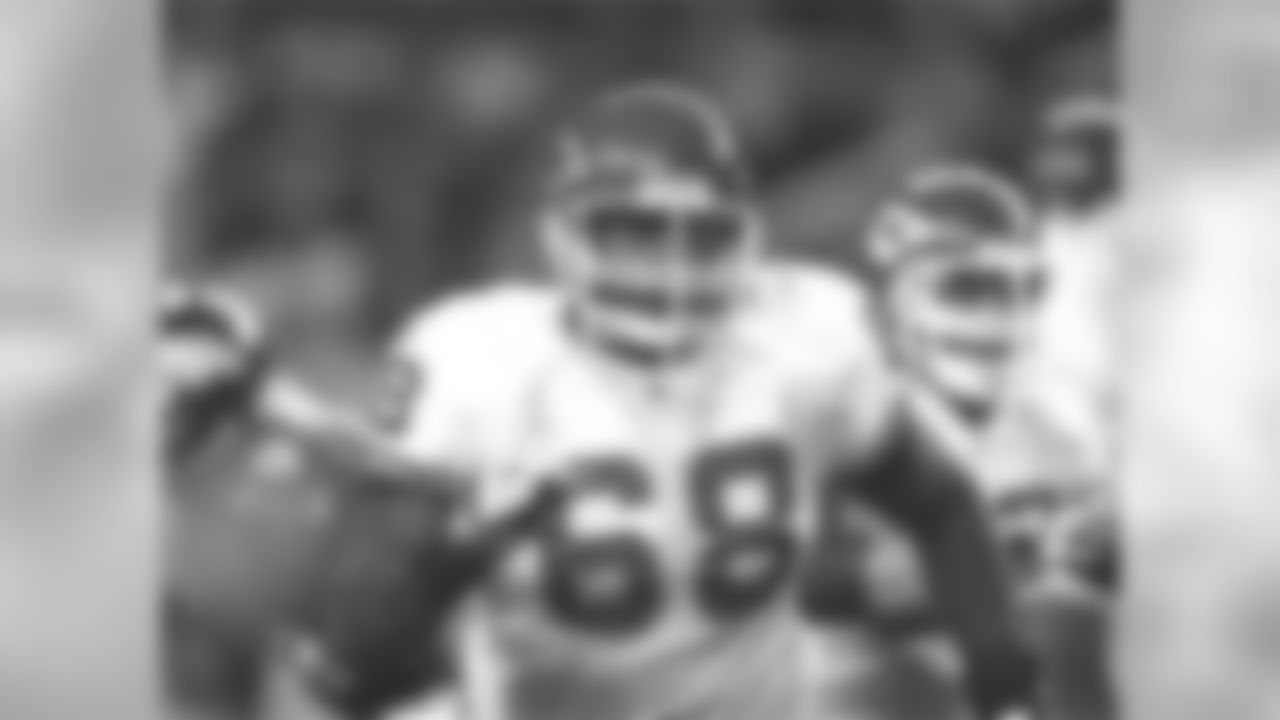
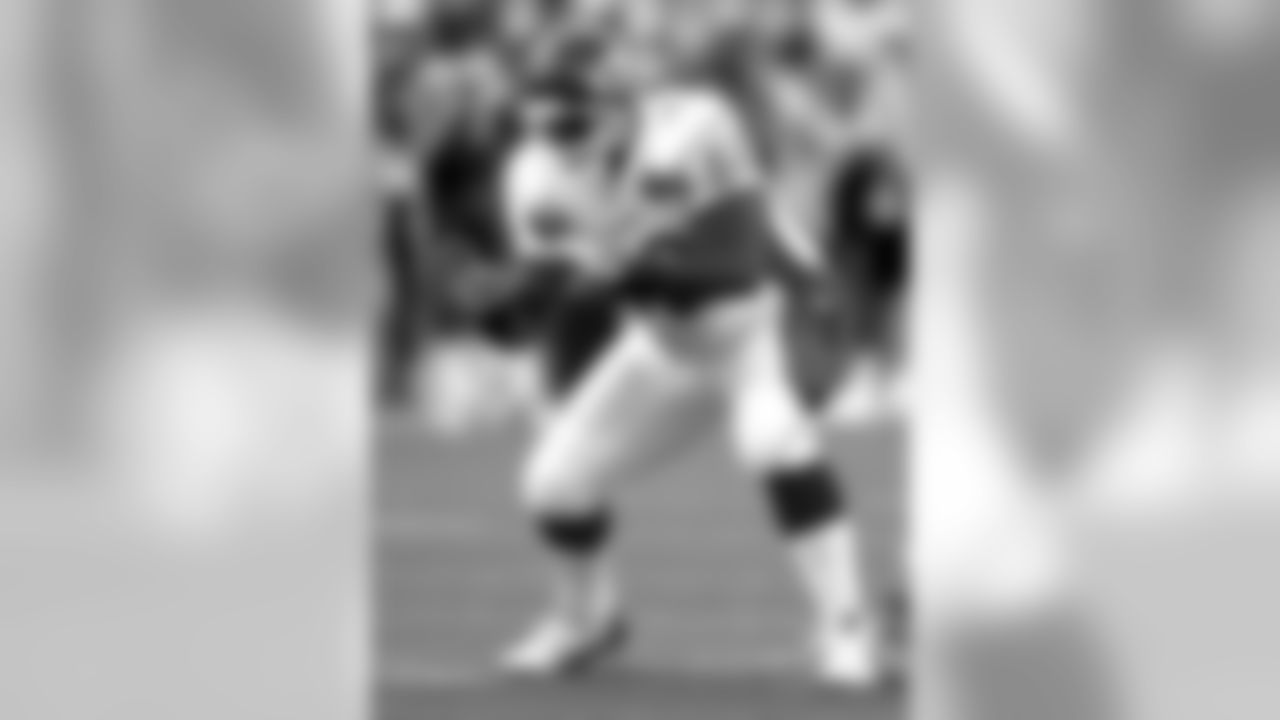
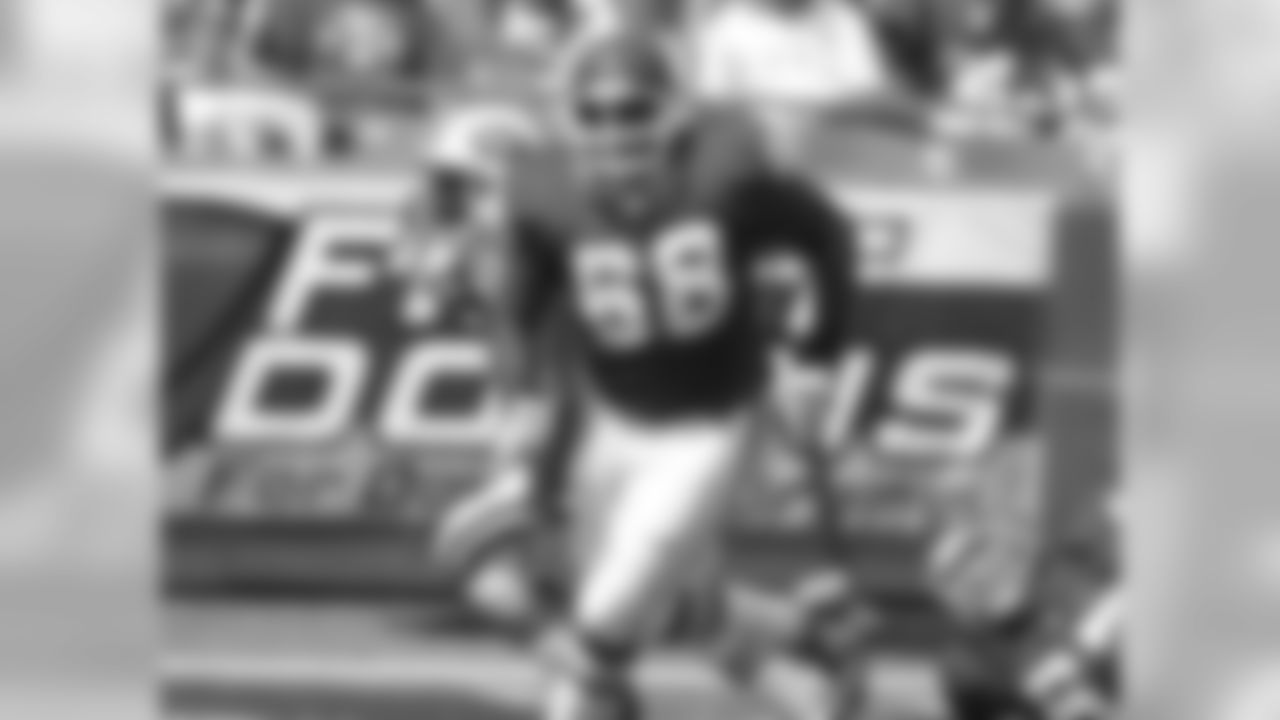
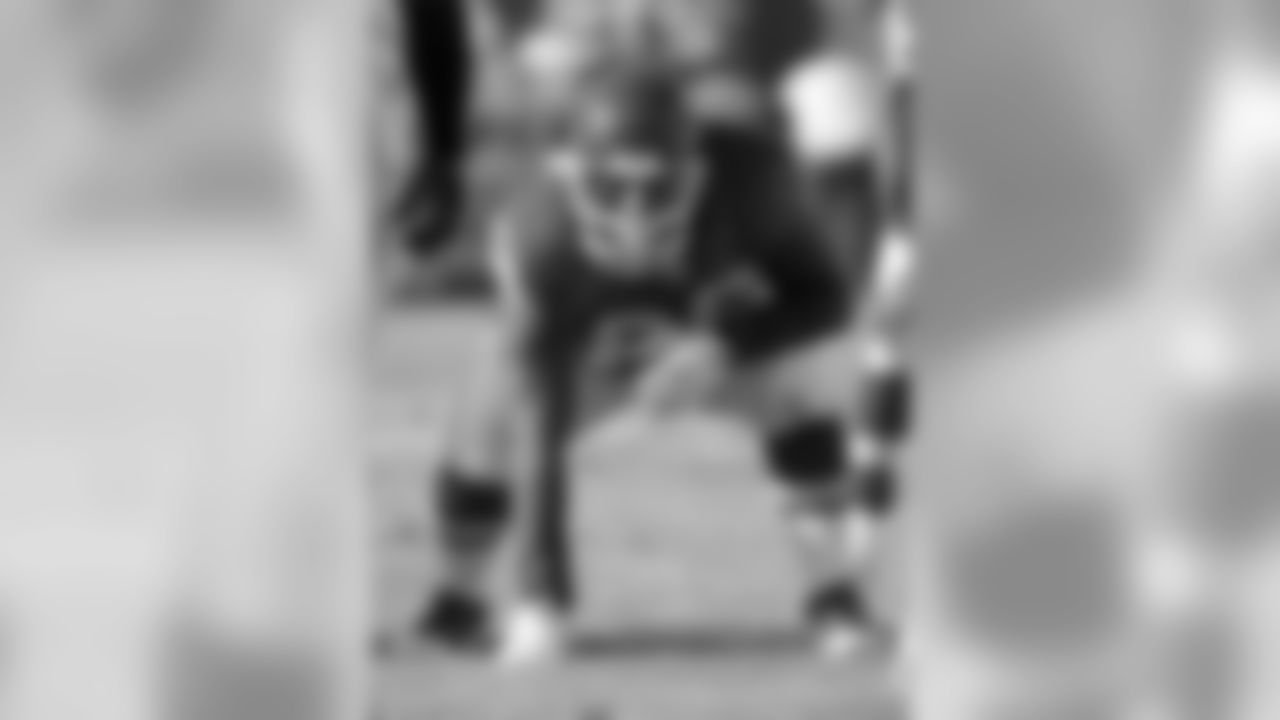

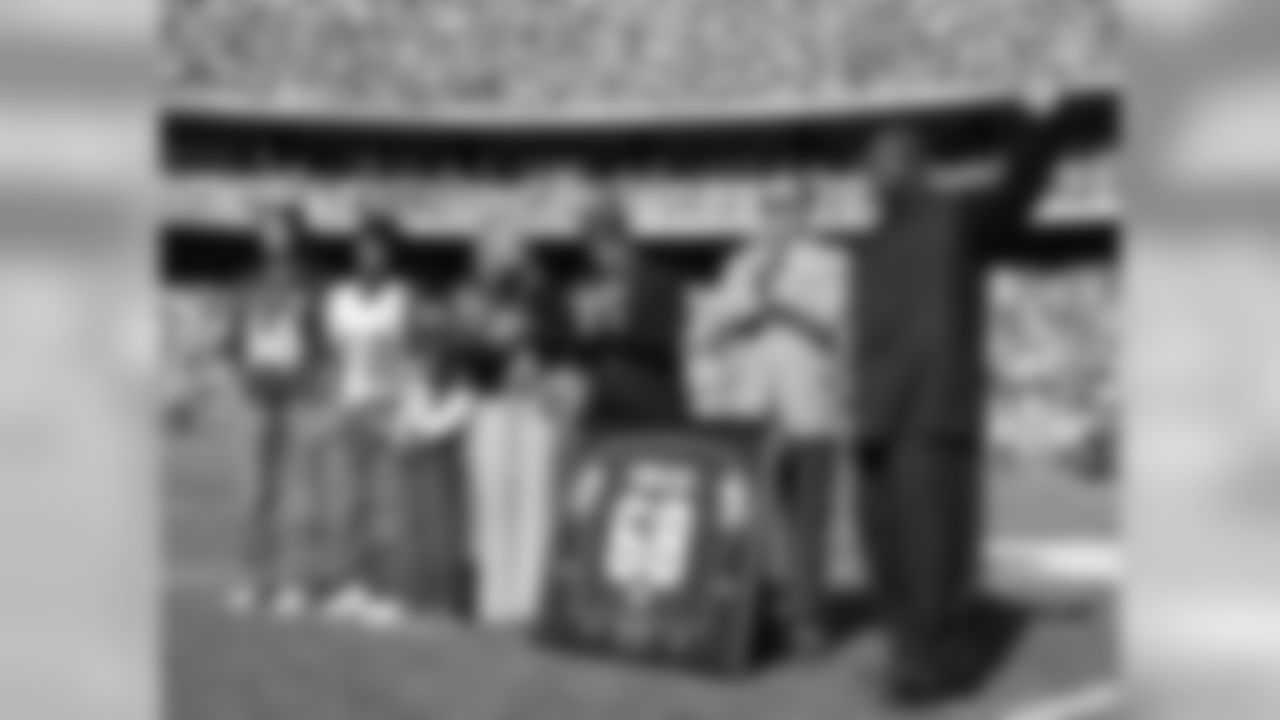
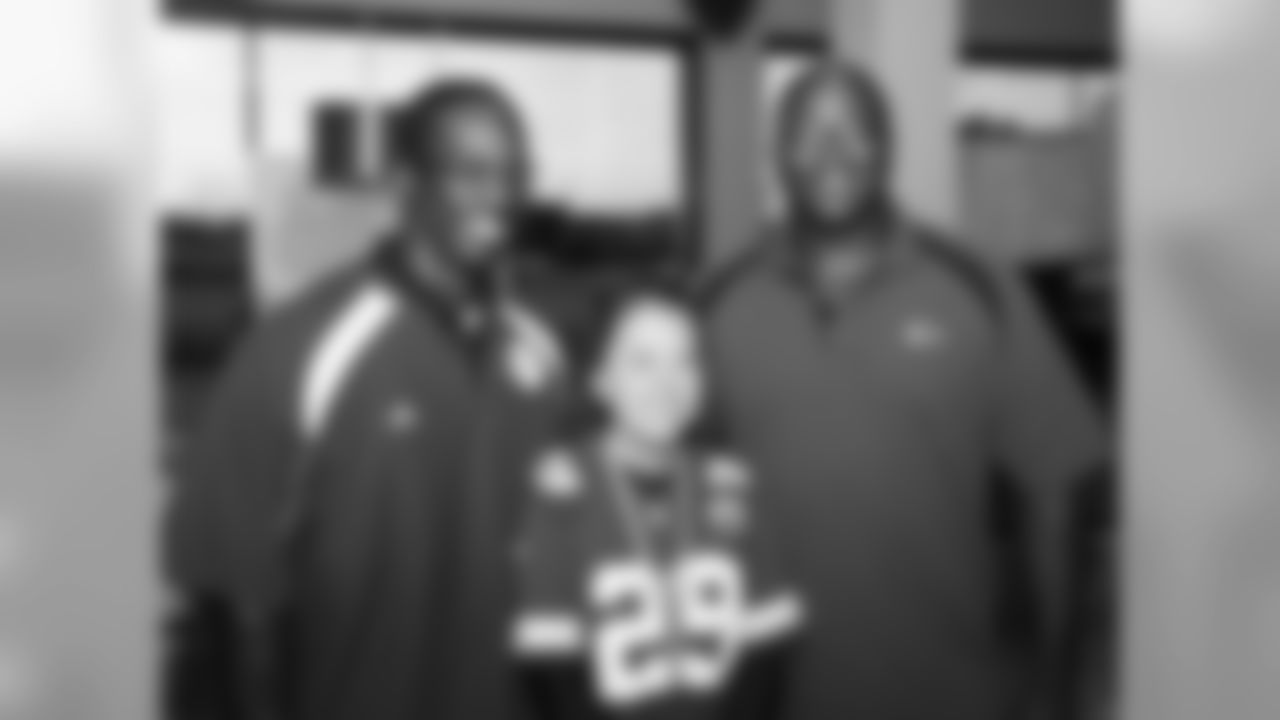
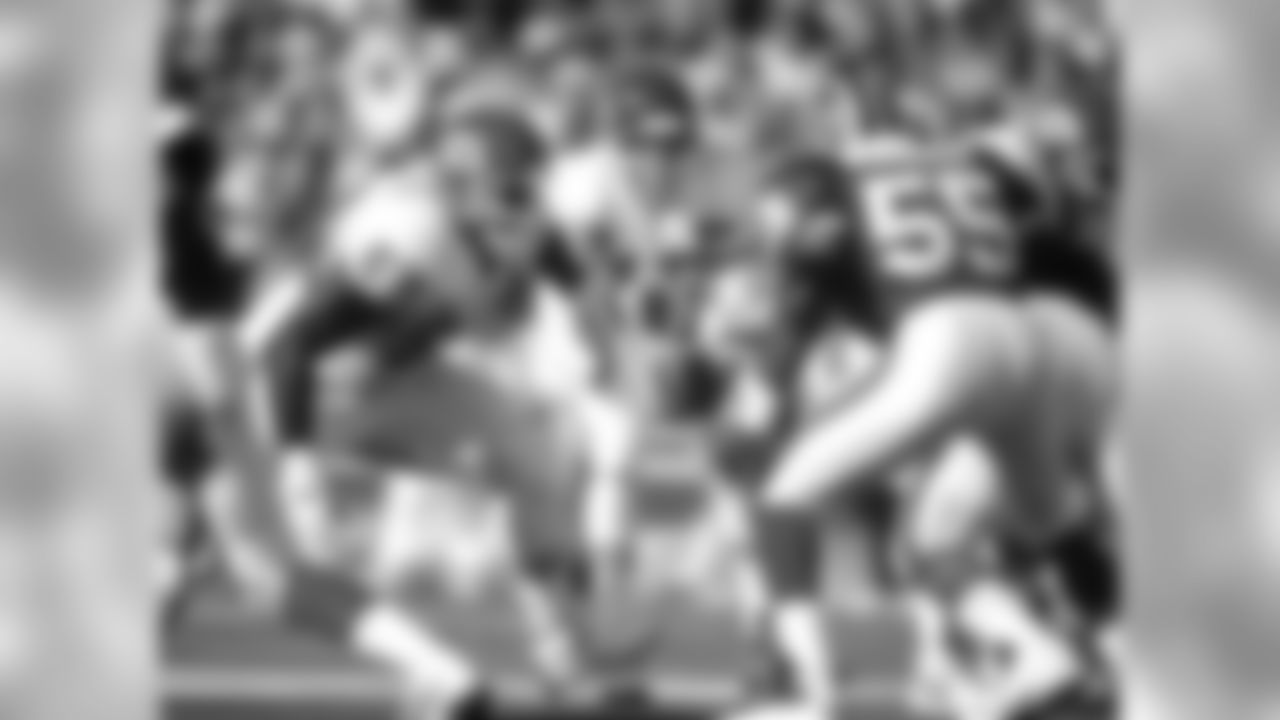
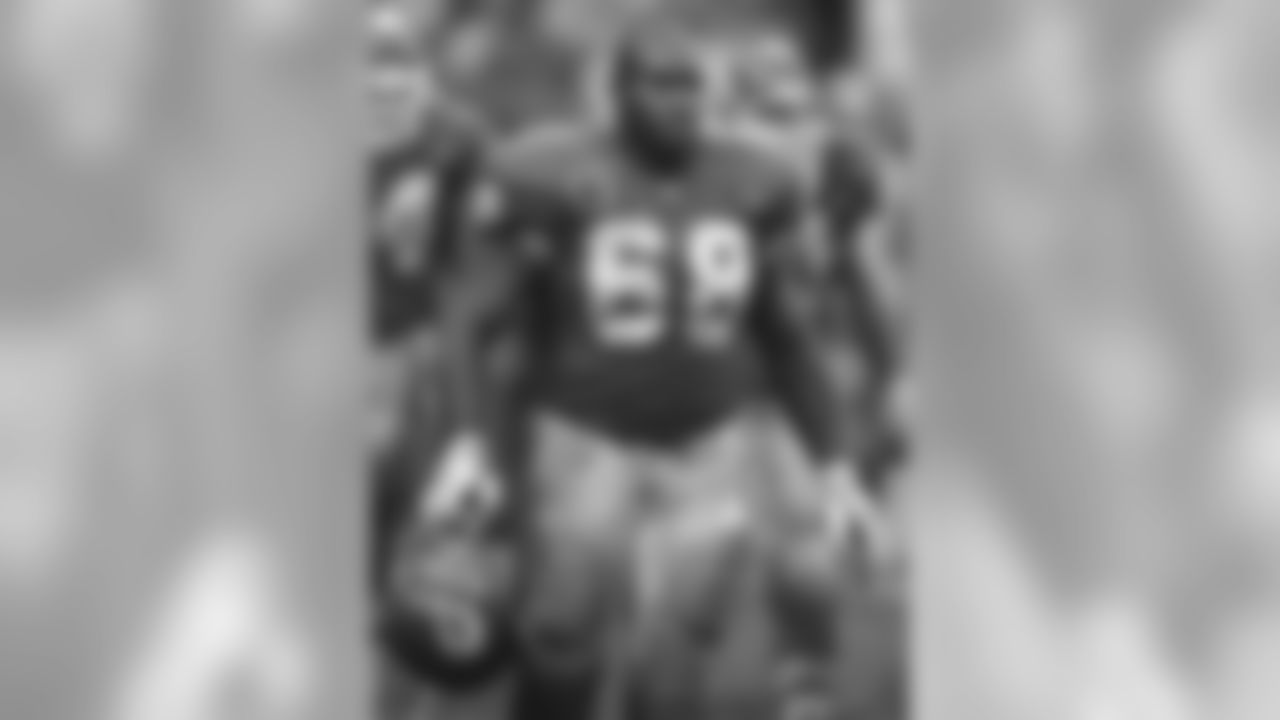
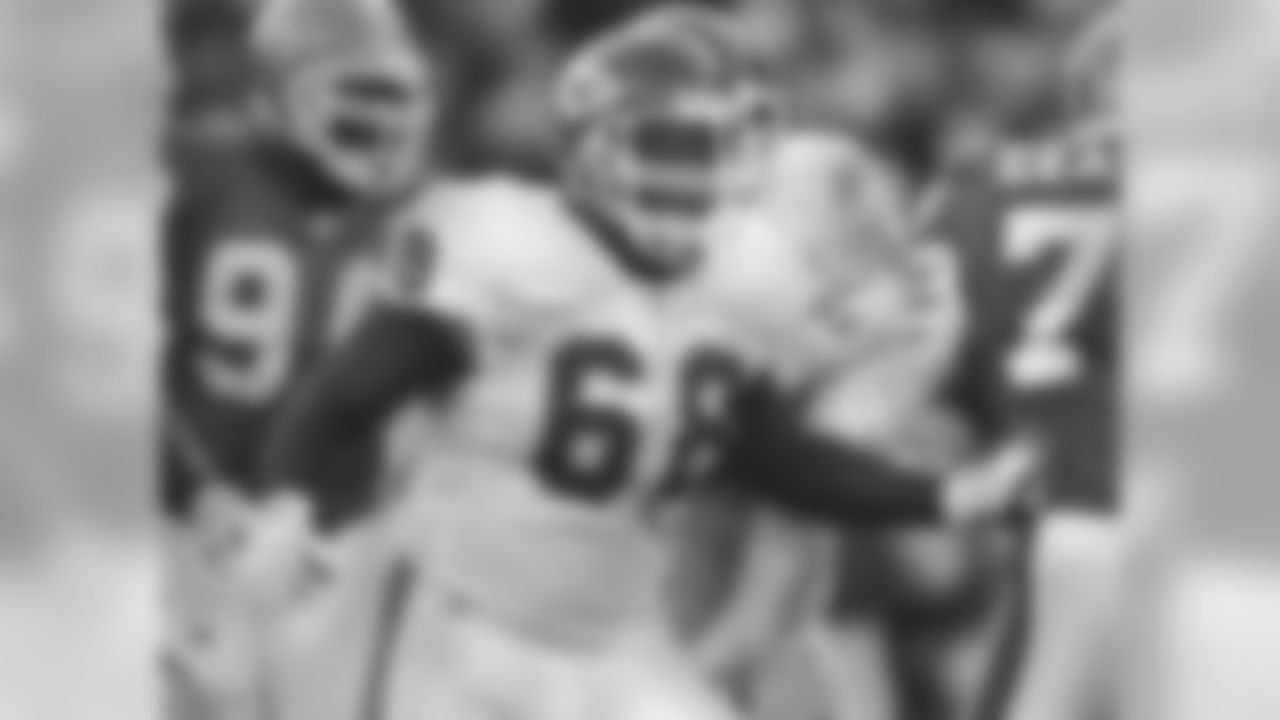
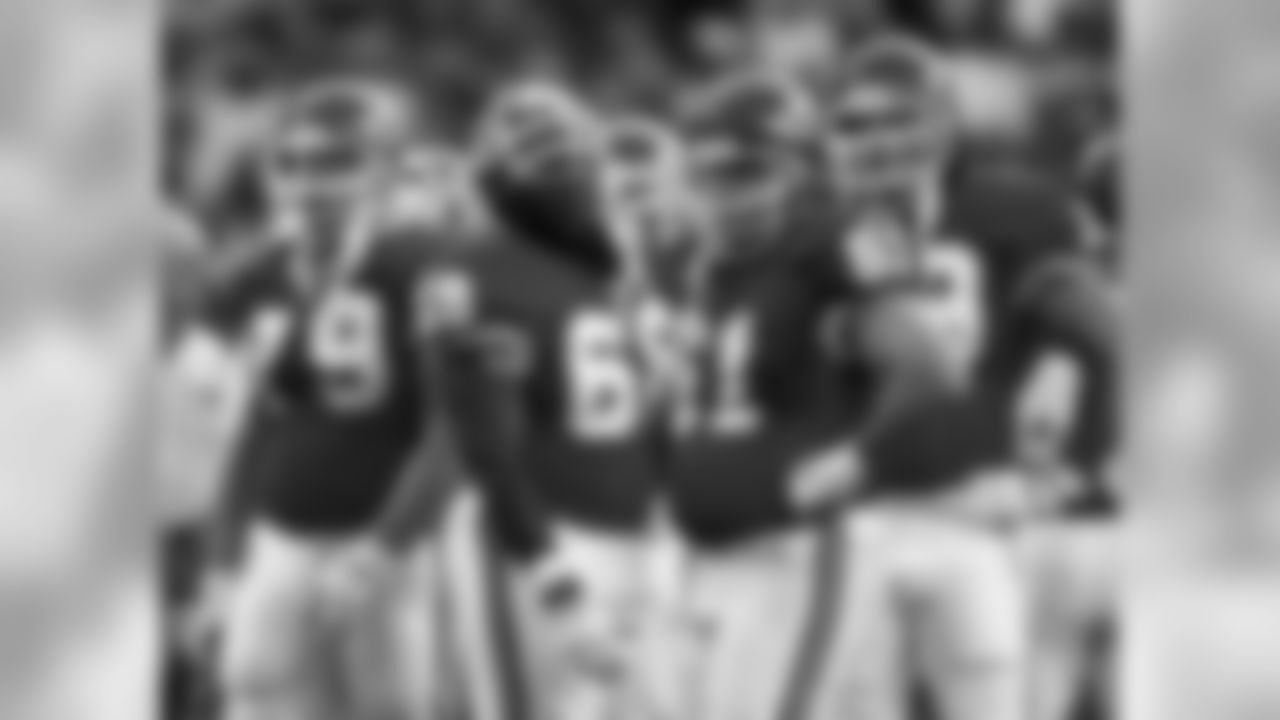
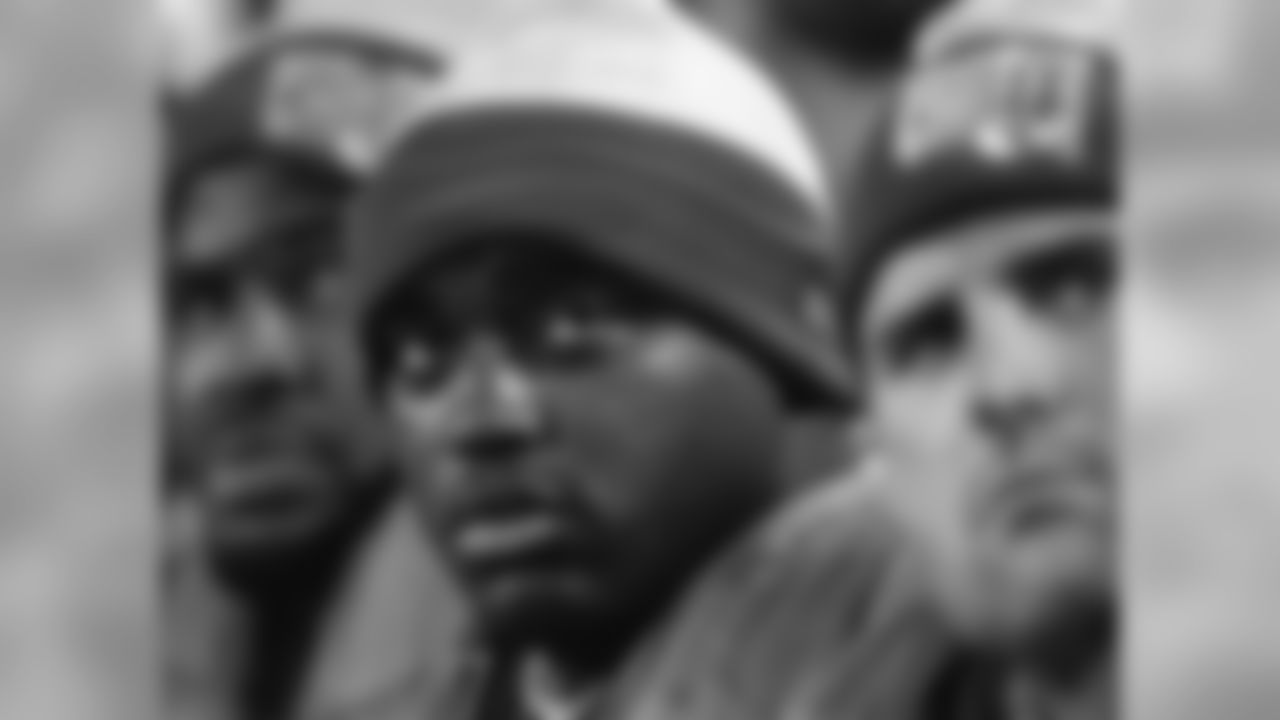
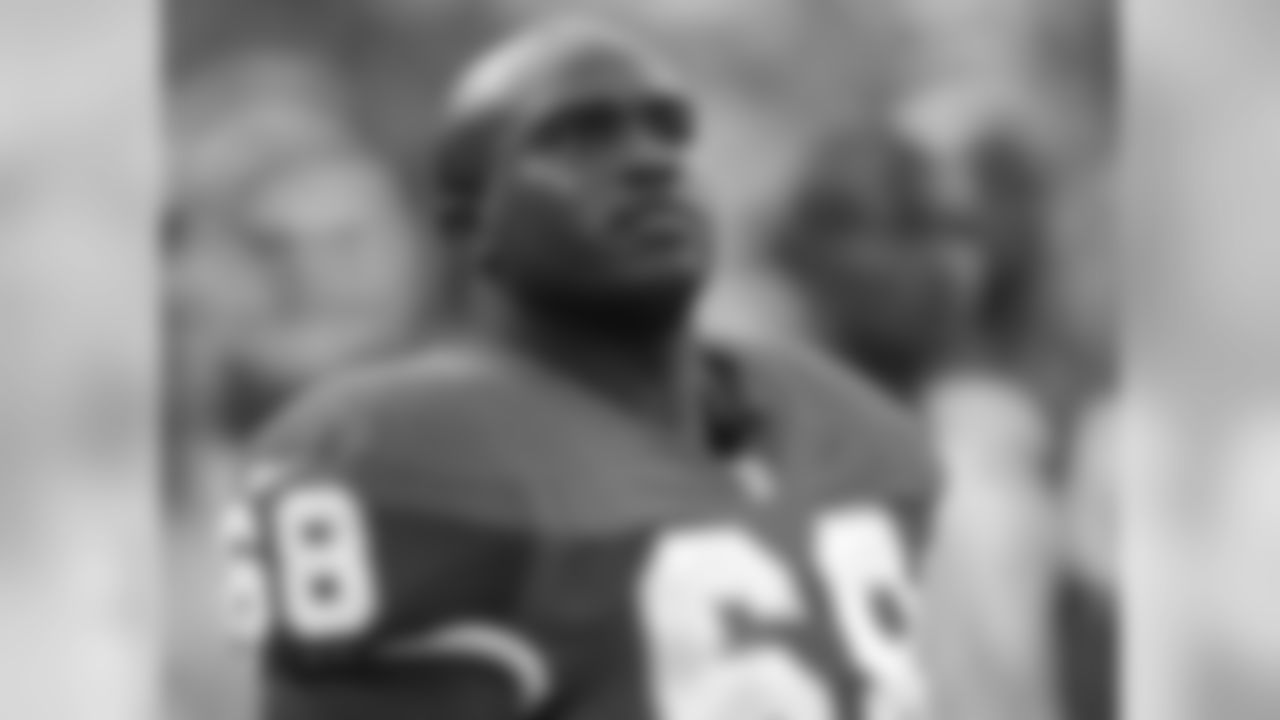
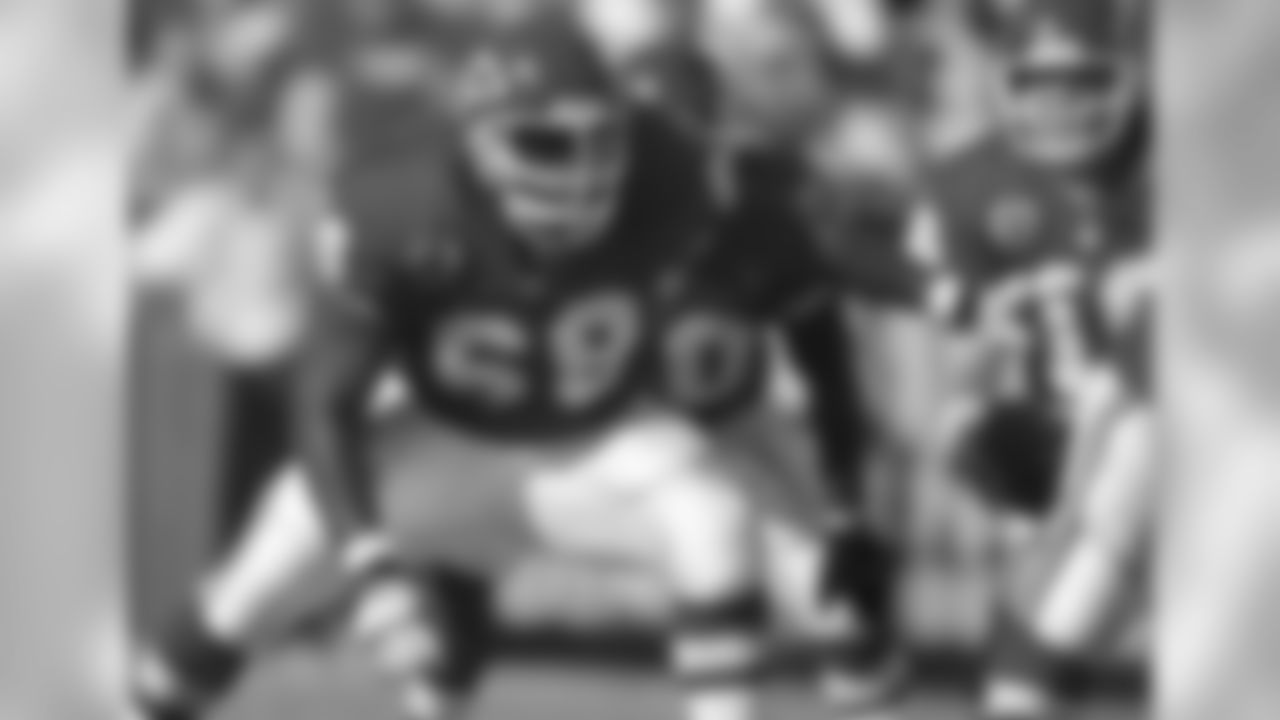
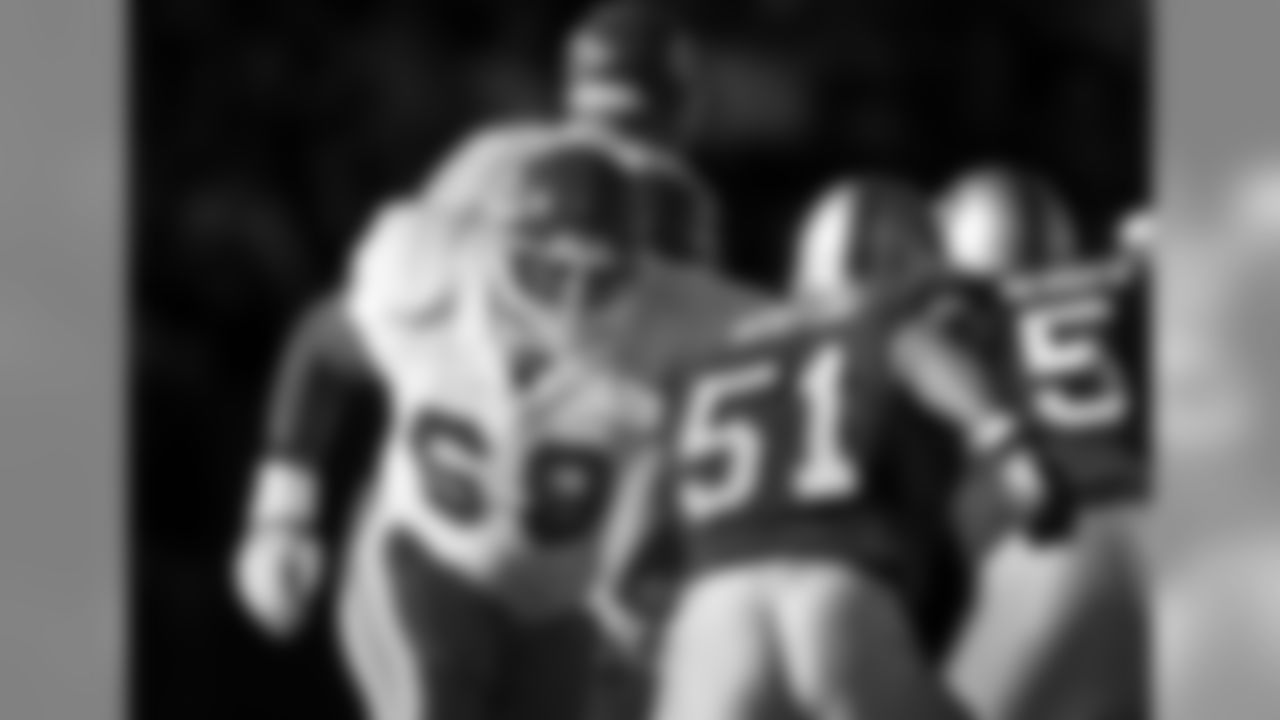
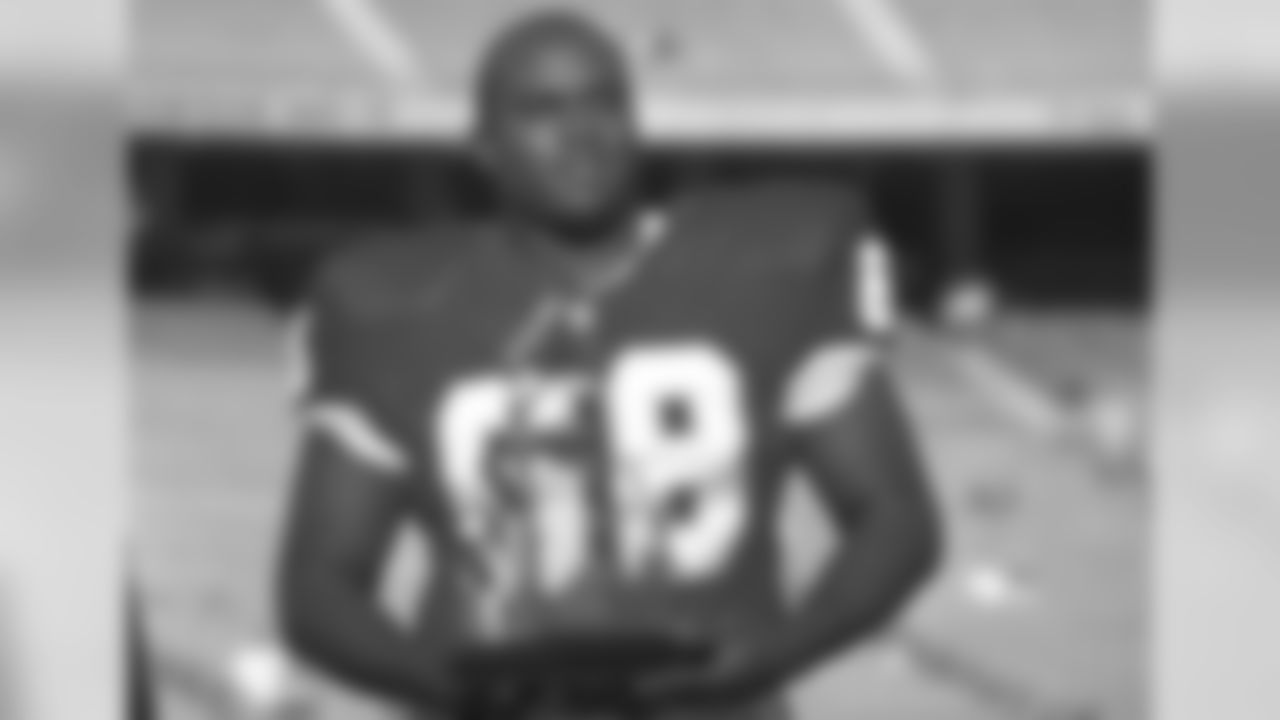
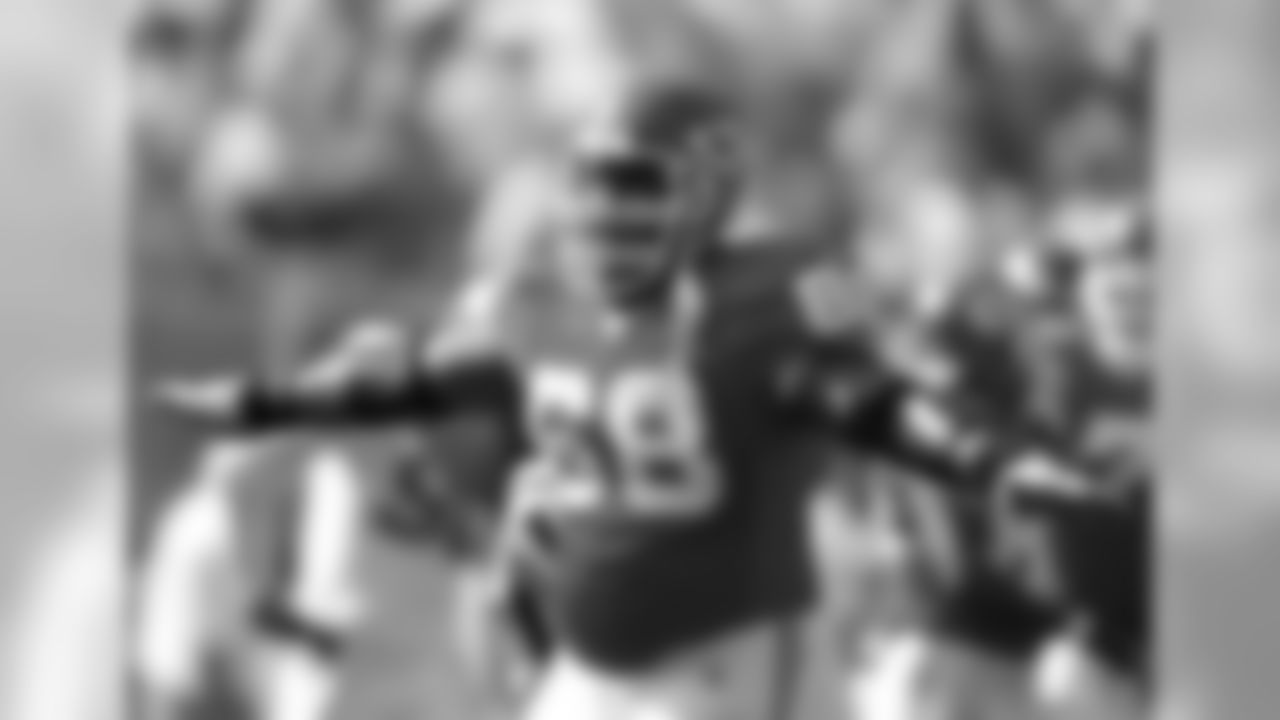
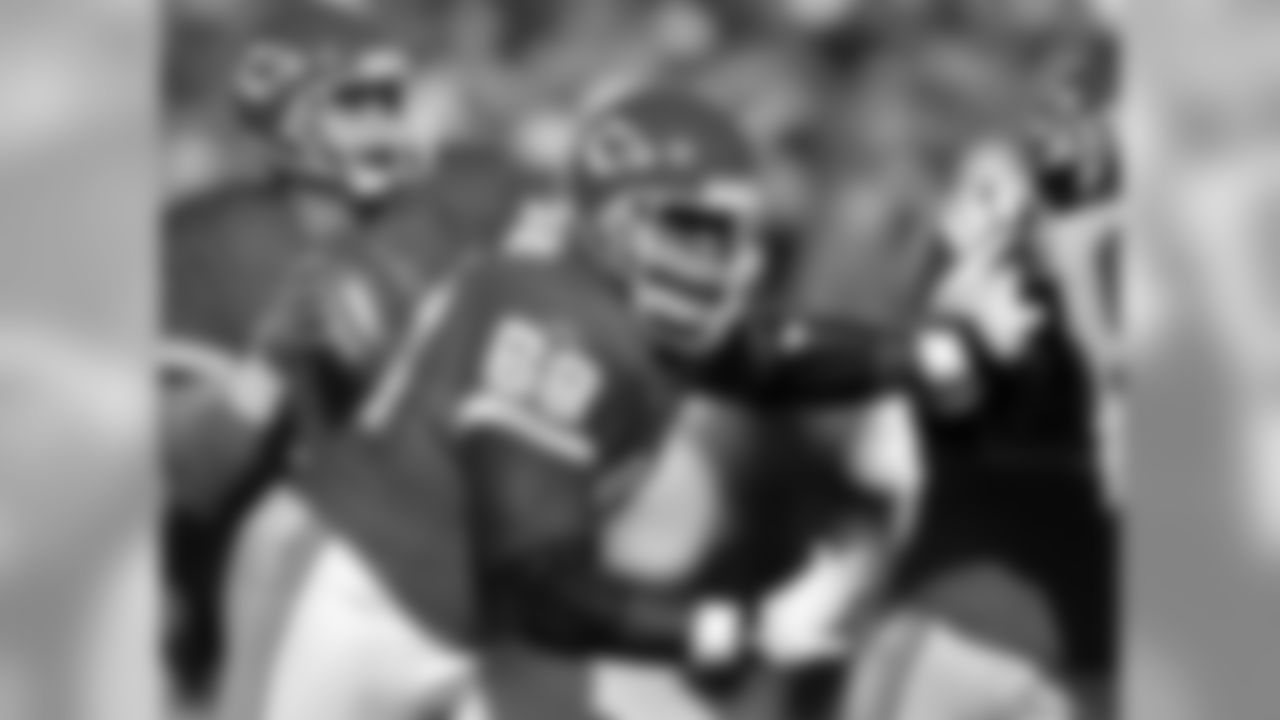
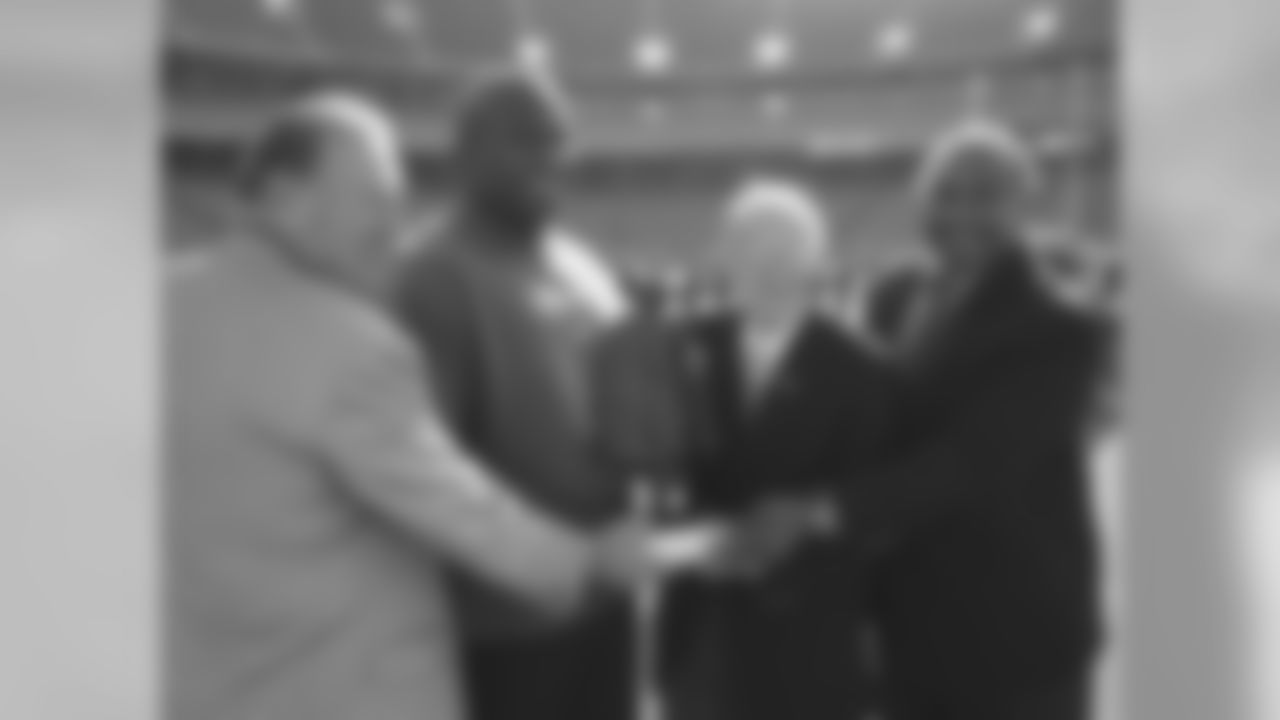
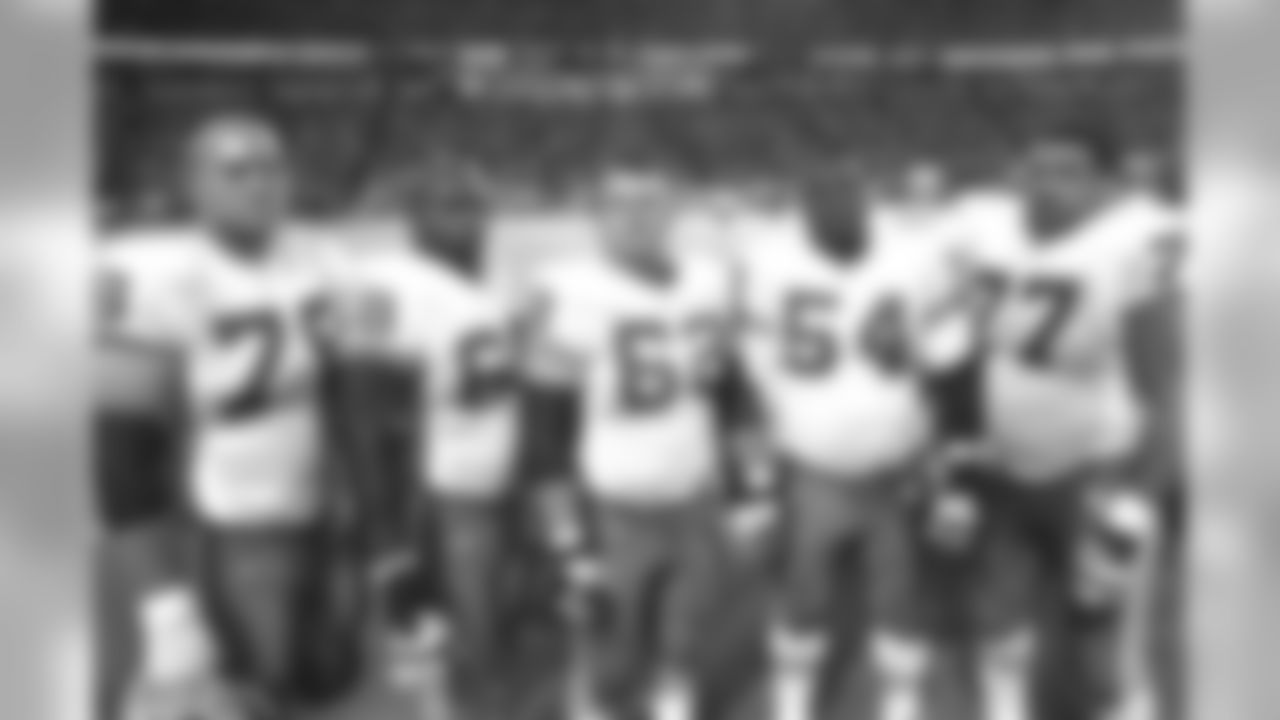
That discipline, which was the foundation of what could soon be referred to as a Hall of Fame career, was instrumental in allowing Shields to start 223 consecutive games for the Chiefs between 1993 and 2006, a record that still stands today as the best in franchise history.
But it wasn't just discipline. Shields, like most of the all-time greats in any sport, was motivated by those who doubted him.
"In high school I had a teacher tell me that English was going to eat me up, that it was going to be the worst thing ever," he explained. "It gave me a little more motivation to say 'I'm going to get my degree. I'm going to move forward and I'm going to do those things.'
"You kind of like that nudge when someone tells you that you can't, and then you go out and prove them wrong."
As one of the most revered players in Chiefs history and throughout a career we'll continue to document throughout this series at KCChiefs.com, it's fair to say Shields proved anyone who doubted him wrong.













